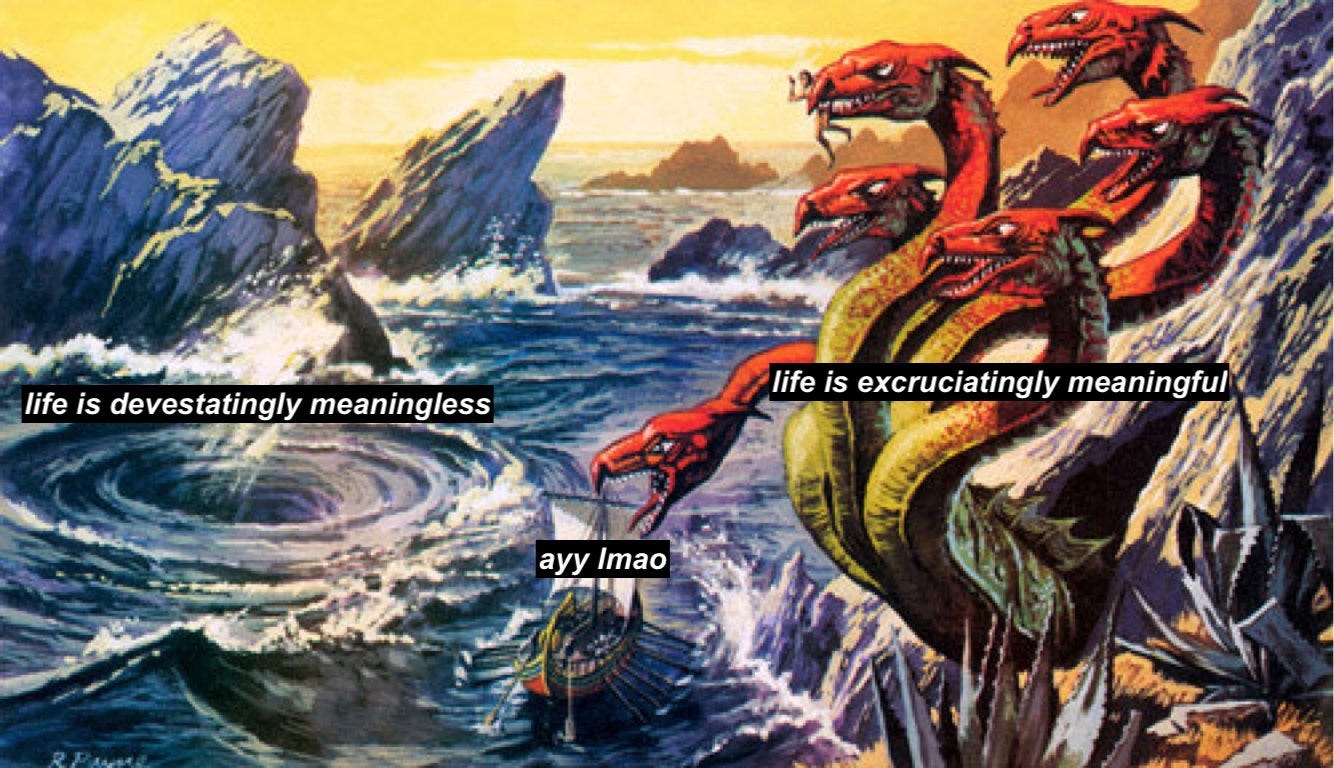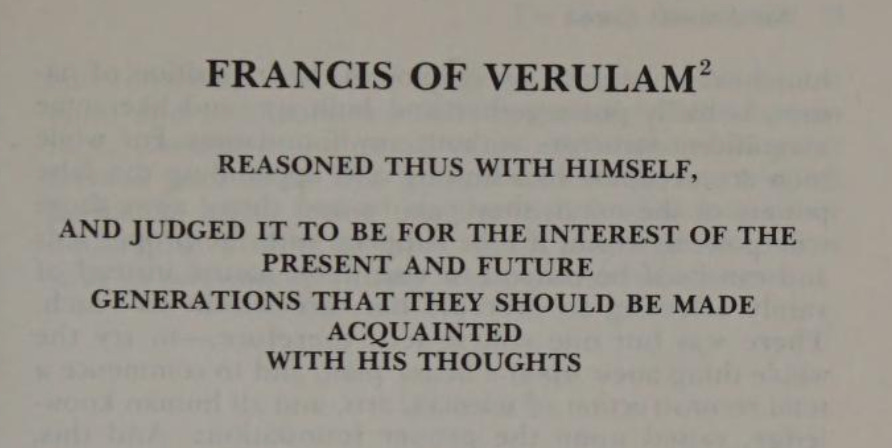~/adi
28 Slightly Rude Notes on Writing
Quoting Adam Mastroianni:
we only know about several early Christian heresies because we have records of people complaining about them. [1] The original heretics’ writings, if they ever existed, have been lost.
we all liked his first book very much and he liked it too, and one day he said to me, “This book will make literary history,” and I told him: “It will make some part of literary history, perhaps, but only if you go on making a new part every day and grow with the history you are making until you become part of it yourself.” But this young man never wrote another book and now he sits in Paris and searches sadly for the mention of his name in indexes.
Somehow, whenever I finish a draft, my first few paragraphs almost always contain ideas that were necessary for writing the rest of the piece, but that aren’t necessary for understanding it. It’s like I’m giving someone a tour of my hometown and I start by showing them all the dead ends.
All emotions are useful for writing except for bitterness.
Good writing requires the consideration of other minds—after all, words only mean something when another mind decodes them. But bitterness can consider only itself. It demands sympathy but refuses to return it, sucks up oxygen and produces only carbon dioxide. It’s like sadness, but stuck eternally at a table for one.
Other emotions—anger, fear, contentment—are deep enough to snorkel in, and if you keep swimming around in them, you’ll find all sorts of bizarre creatures that dwell in the depths and demand description. Bitterness, on the other hand, is three inches of brackish water. Nothing lives in it. You can stand in it and see the bottom.
All writing about despair is ultimately insincere. Putting fingers to keys or pen to paper is secretly an act of hope, however faint—hope that someone will read your words, hope that someone will understand. Someone who truly feels despair wouldn’t bother to tell anyone about it because they wouldn’t expect it to do anything. All text produced in despair, then, is ultimately subtext. It shouts “All is lost!” but it whispers “Please find me.”
making art is painful because it forces the mind to do something it’s not meant to do. If you really want to get that sentence right, if you want that perfect brush stroke or that exquisite shot, then you have to squeeze your neurons until they scream. That level of precision is simply unnatural.
Every kind of pain is aversive to most humans, but addictive to a handful of them.
The beauty ain’t in the necklace. It’s in the neck.
Most writing is bad because it’s missing a motive. It feels dead because it hasn’t found its reason to live. You can’t accomplish a goal without having one in the first place—writing without a motive is like declaring war on no one in particular.
it’s very difficult to teach people how to write, because first you have to teach them how to care. Or, really, you have to show them how to channel their caring, because they already care a lot, but they don’t know how to turn that into words, or they don’t see why they should.
Instead, we rob students of their reason for writing by giving it to them.
we only know how to value things that are scarce.
Lots of people worry that AI will replace human writers. But I know something the computer doesn’t know, which is what it feels like inside my head. There is no text, no .jpg, no .csv that contains this information, because it is ineffable. My job is to carve off a sliver of the ineffable, and to eff it.
system can optimize for everything, so what are our minds optimized for, and how can I double down on that? How can I go even deeper into the territory where the machines fear to tread, territories that I only notice because they’re treacherous for machines?
lots of people think they need to get better at writing, but nobody thinks they need to get better at thinking, and this is why they don’t get better at writing.
© 2025 Adi Mukherjee. Credits.

